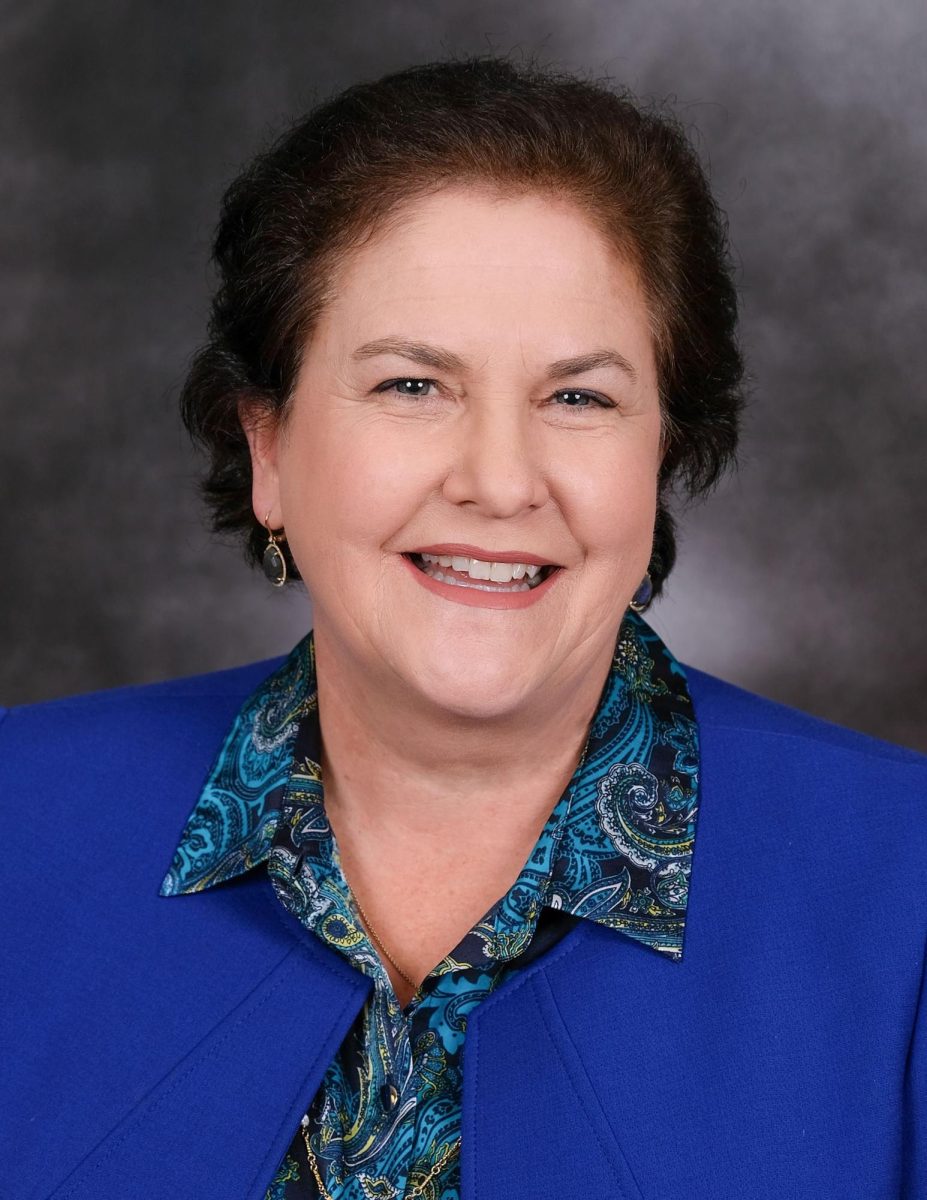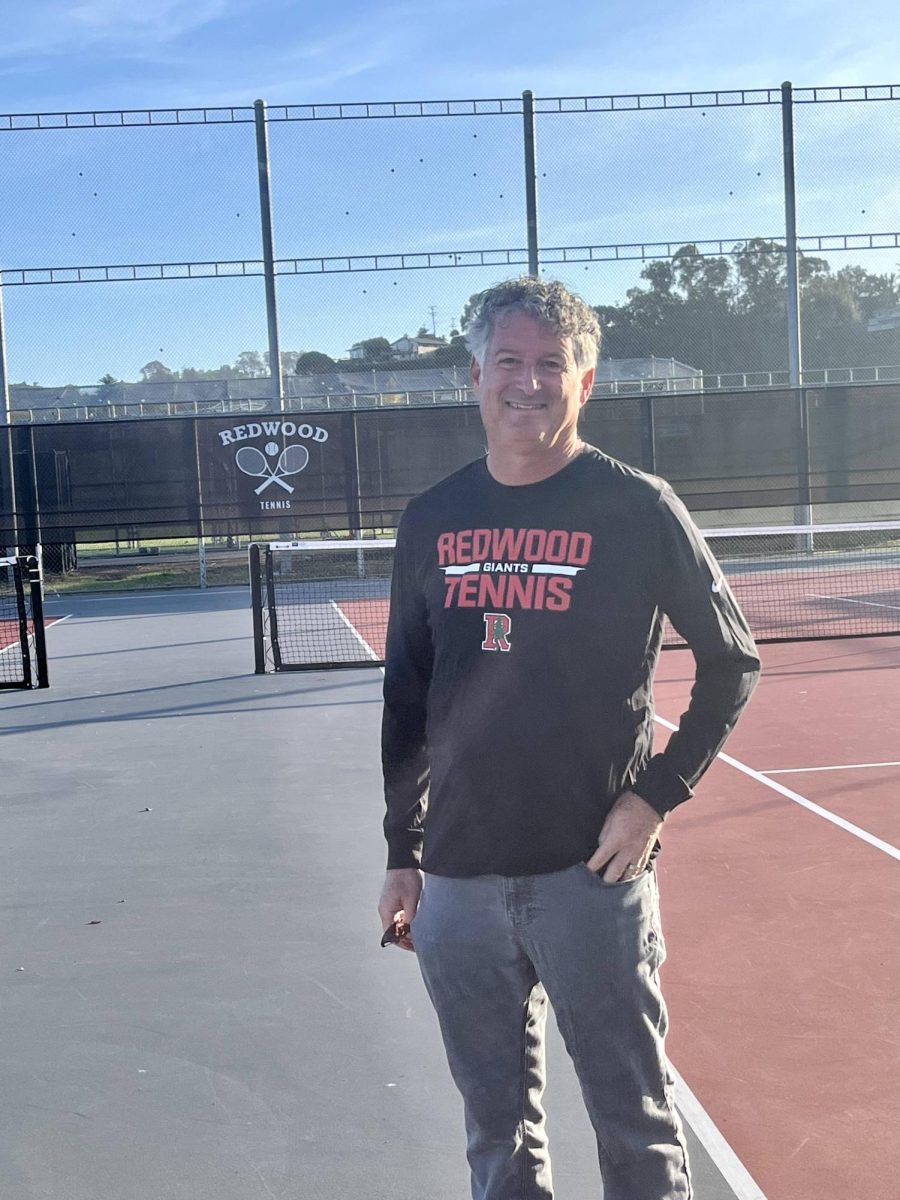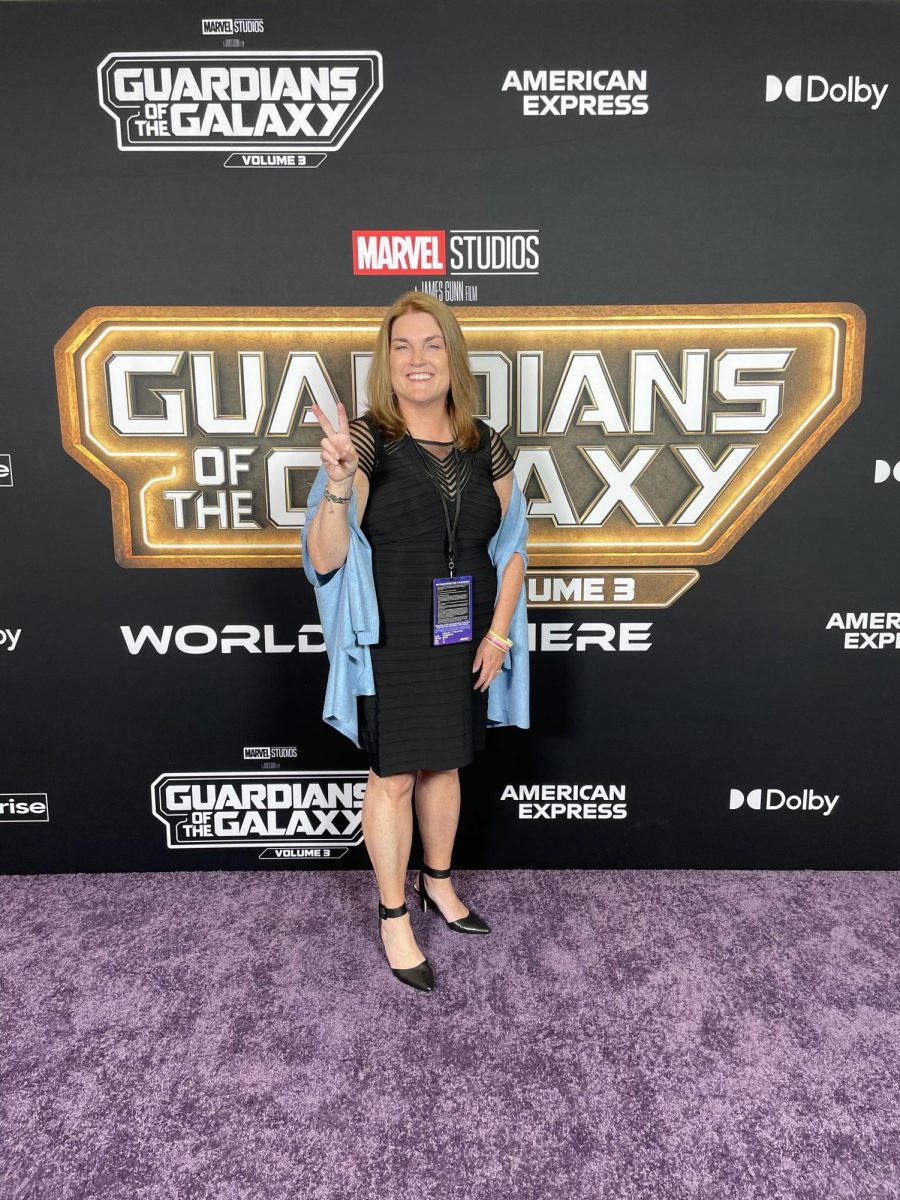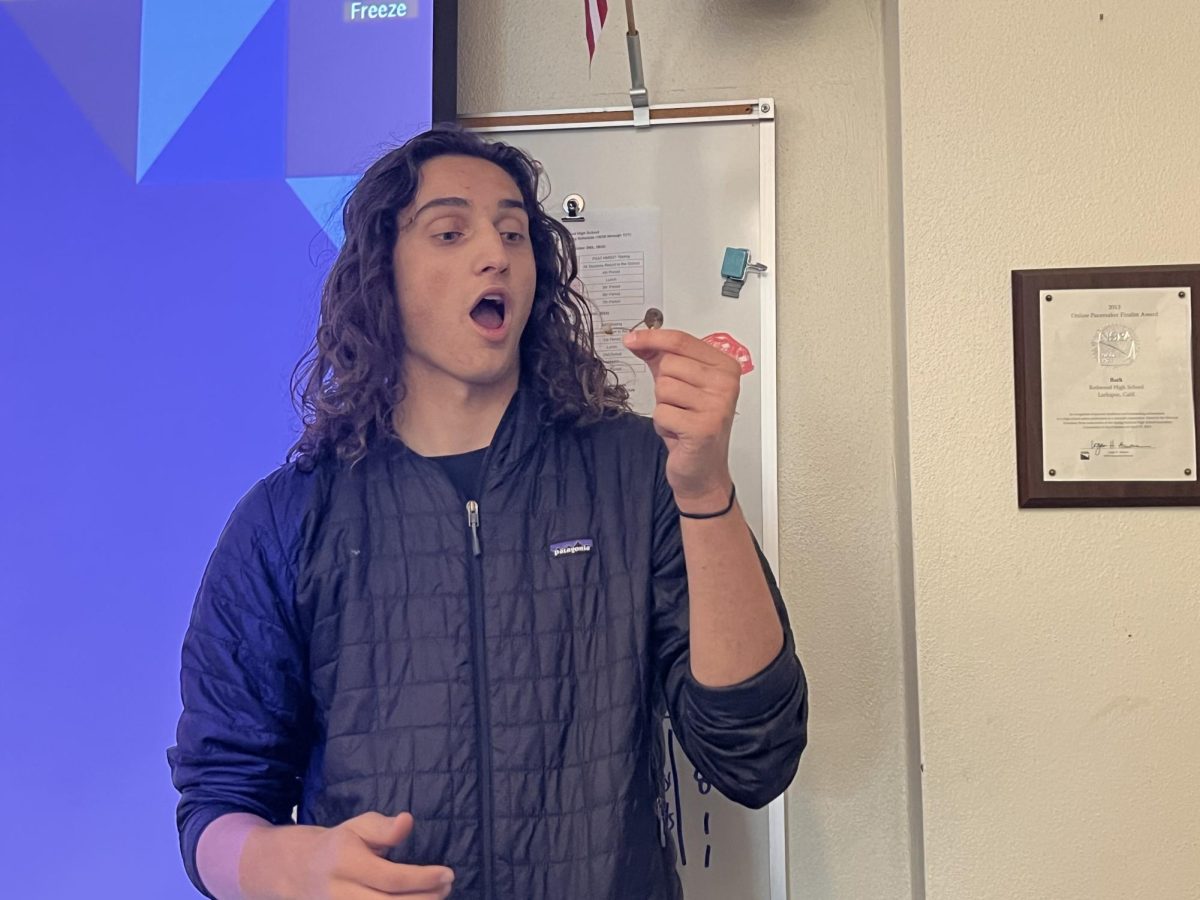When junior John-Paul Moreland wakes up in the morning, he not only has to deal with the daily stress of high school, but must also face severe depression, a condition he has been struggling with for over four years.
“Every day is a struggle to get through,” Moreland said. “Half of me wants to continue and half of me just wants to give up.”
Moreland currently runs a blog where he talks about what it is like to live with depression. He also takes anti- depression medication to cope with his symptoms.
Many teens obtain prescription medication from doctors or psychiatrists to cope with depression symptoms like Moreland’s. While some teenagers find that medication works well in treating their depression, others find that it does not significantly help them or feel like the side effects outweigh the benefits.
Selective Serotonin Reuptake Inhibitors (SSRIS) are the most common antidepressants. They treat depression by preventing the brain from re-absorbing serotonin, a neurotransmitter related to mood, leading to a rise in serotonin levels across the brain that will improve mood.

However, Kentfield psychotherapist Jennifer Lowell said that while pills can help someone with depression, she recommends that all those who take the medication enroll in therapy as well.
“It’s like a Band-Aid, but it’s not really healing the wound,” Dr. Lowell said of antidepressants.
Mill Valley psychotherapist Jessica Reid Tsukahara said there aredifferent severities of depression, and antidepressants are great for people who suffer from very severe or clinical depression, especially if they have a genetic predisposition to becoming depressed. People with less severe forms of depression might not need medication in order to get better.
Moreland said he has found antidepressants to help a lot.
“When I’m on the medication, it feels like it [the depression] is still there, but it’s more bearable,” Moreland said.
Tsukahara said one problem with antidepressants is that they only treat the depression chemically. So, once someone stops using the antidepressant, he or she might not know how to cope with difficult situations since they did not originally learn how.
“What would happen the next time something awful happens?” Tsukahara said. “Pills certainly have their place, though. Talk therapy and anti-depression pills can work really well together.”
Moreland said that he sees a psychiatrist and psychologist twice a week along with taking an antidepressant, and said this combination of therapy and medication has been working well for him.
“The combination of therapy and medication has probably increased my stability by 50 percent,” Moreland said. “I look forward to therapy because I know it’ll make me feel less alone and a little better each time.”
Sophomore “Alison” said that she has been suffering from depression for almost two years now. She agreed to take anti-depression medication because her mother encouraged her to try it, but said that she would rather learn to cope with her depression naturally.
Alison turned to meditation, an alternative treatment that she said helped her more than therapy or medication ever had.
“I had been getting therapy since I was in fifth grade, but after a month in meditation I had seen more progress than five years of therapy,” she said.
Although anti-depression medication can help people like Moreland who are suffering from depression, it doesn’t come without its side effects.
Alison said that while on higher doses of antidepressants, she couldn’t feel any emotion.
“I think it helped me for a month or so, but after a while I didn’t like the effects it was having on me because I felt numb. I don’t want to be on medication because I would rather feel sadness than nothing,”Alison said.
Although Moreland said he found medication to be a good fit for him, he noted that he has experienced some side effects as well, including a sense of memory loss and a feeling of detachment from himself.
“It feels like I’m there but I’m not really there,” he said. “I’m just floating and everything is blurred. I’ll just not remember what happened the previous day, and I’ll feel like I’m just locked up in my own mind.”










